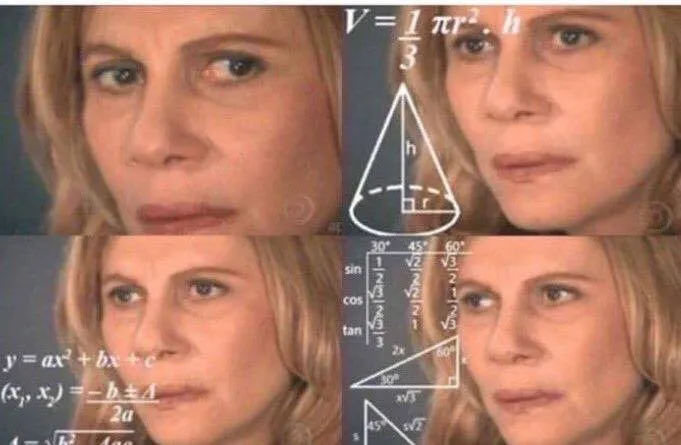
To many learners of German "das" and "dass" is difficult to comprehend, since the two words look very similar, while having the exact same pronounciation.
While "das" is a simple article like "der, die, das" (das Haus, das Kind, das Eis), "dass" is used as a conjunction to start the subordinate clause.
Examples for "das":
a) Ein Kind, das in den Laden gegangen ist, hat Milch gekauft. (A child who went into a store bought milk).
b) Ein Haus, das grün ist, sieht schöner aus als ein Haus, das blau ist. (A house that is green looks better than a house that is blue).
In these cases you do not write "dass", but "das".
A short rule: Every time you can substitute the "das" with "dieses, welches oder jenes", you are not using "dass".
For example, you can also write a) Ein Kind, welches in den Laden gegangen ist... or b) Ein Haus, welches grün ist...
"Dass" is used for the subordinate clauses, unlike "das", which refers to a subject or object.
Examples for "dass":
a) Ich weiß, dass du sehr intelligent bist. (I know that you are very intelligent)
The subordinate clause "dass du sehr intelligent bist" is the object of the main sentence.
Question for you: "What do I know?" --> "...dass du sehr intelligent bist."
While "dass" usually comes after a semicolon, it is also possible to start a sentence with "dass":
b) Dass du schwimmen kannst, das finde ich toll. (The fact that you know how to swim is something I find to be fantastic).
c) Die Entscheidung, dass wir Maria schwimmen beibringen, war gut.
Here it is used in order to specify "Entscheidung", so it serves as an attributional subordinate clause.
Exercises for you (insert "das" or "dass" into the ___):
- Das Mädchen, ____ ich heute gesehen habe, ist sehr hübsch. (The girl I saw today looks very pretty.)
- ____ du backen kannst, ist etwas, ___ ich nicht gewusst habe! (The fact that you know how to bake is something I did not know!)
- Das Eis, ___ du gekauft hast, schmeckt nicht gut. (The ice cream which you bought today does not taste good.)
- Die Lösung, ___ du uns Geld gibst, wenn wir dir mit dem Aufräumen deiner Wohnung helfen, gefällt uns. (We like the solution of you giving us the money for helping you cleaning your room.)
- Ich wusste nicht, ___ du den Film bereits gesehen hast! (I did not know that you already watched this movie!)
Auf geht's!